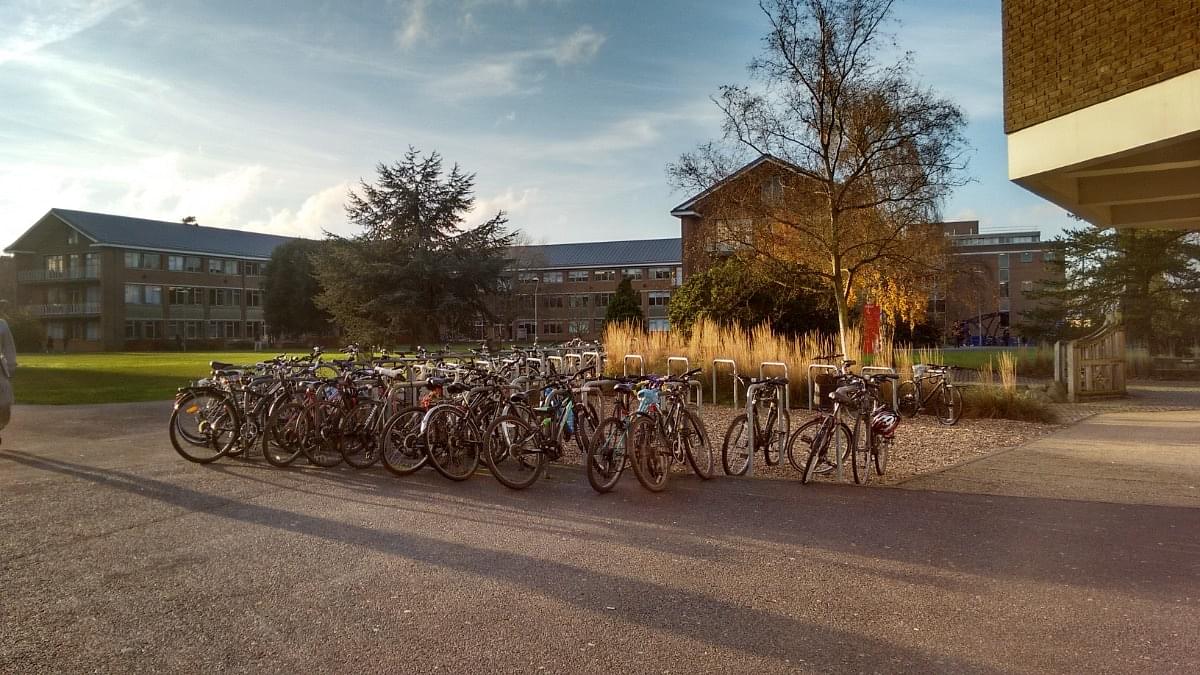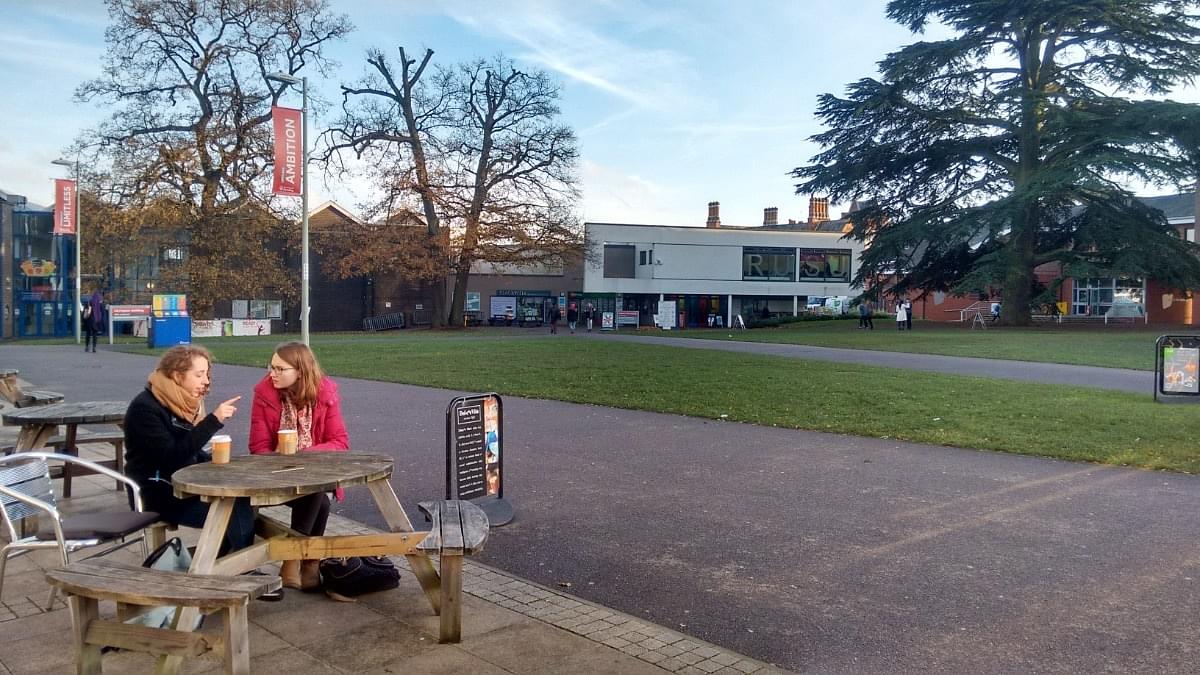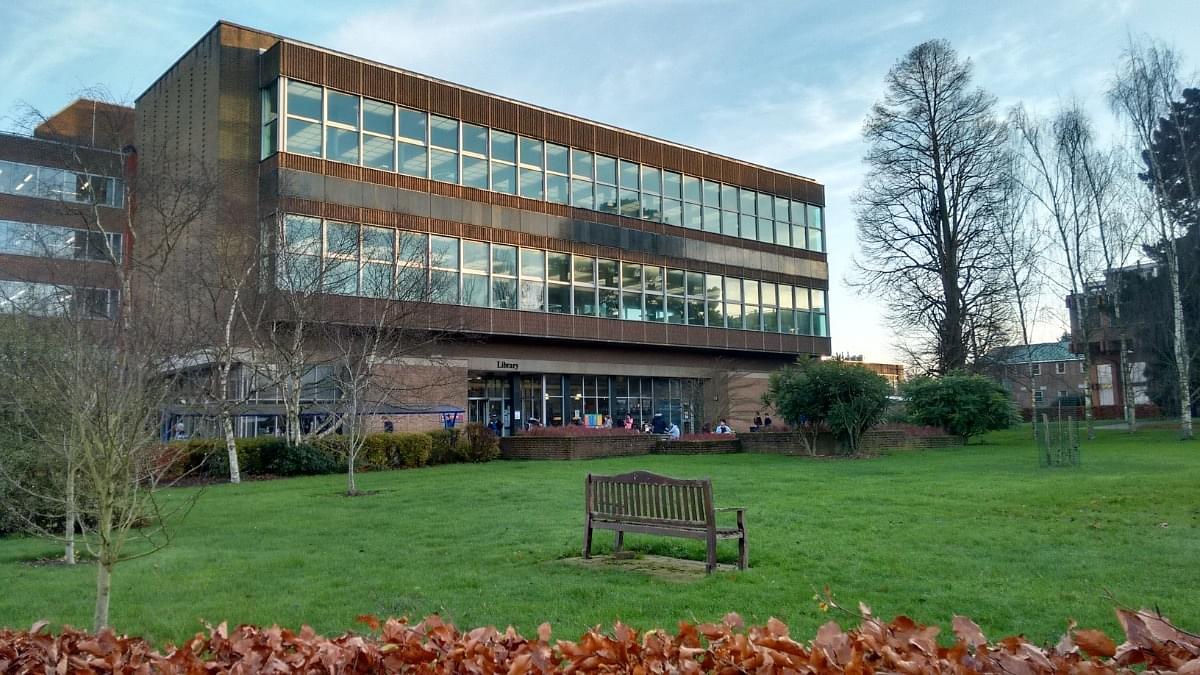What Students Say
Likes
- Strong research reputation
- Beautiful campus
- World class facilities
Dislikes
- Less international support within the department;
- Diversity in faculty;
- Distance from London;
Course Curriculum
- I gained an in-depth understanding of international legal responses with a focus on resolving contemporary global challenges within an international learning environment. I also gained invaluable insights from research-active academics in the field offering practical and interdisciplinary insights.
- Some of my study topics included refugee law, the law of armed conflict, the use of military force, international organisations and global governance.
Admission Experience
- I received confirmed admission from Queen Mary University and the University of Reading. I accepted the University of Reading because it was offering me a course of my choice. I wanted to do an LLM in Human Rights Law and the School of Law at the University of Reading was well suited for the same. The University of Reading was also ranked in the top 10 in the UK.
- I opted for the University of Reading for my master's because the university was offering me the course of my choosing. The admission process was fairly simple because the
- The university’s website had all the necessary information on it. The eligibility criteria were well explained alongside any other necessary information for filling out the application.
- I went for the September intake, as it is considered a preferred time by most universities in the UK. I was well within the timeline for applying and getting the necessary paperwork done at my end to start my course in late september. I was constantly in touch with the admission department to help me through the entire process. Once I got the confirmed acceptance letter, I was also given additional information from my department and the university regarding the process that I need to undergo once I reach the university in September.
Faculty
- I benefited from the teaching of highly regarded academics who regularly contributed to global and UK policy development and law reforms through their work with governments and regulatory agencies. The teaching methodology was discussion-based, which made the learning process engaging. I learnt most from classroom discussions.
Campus Life
- The Reading University Students Union organised most events, fests and extracurricular activities on campus. My department also planned events during the beginning of each term and also provided opportunities to connect with fellow students and faculty.
- Extracurricular events also were modelled on skill enhancement, which contributed towards CV building.
Part Time Jobs
- For LLM (Human Rights) and other postgraduate taught programmes, Teaching Assistant (TA) or Research Assistant (RA) roles are relatively limited and competitive, especially compared to PhD students, who are usually prioritised for these roles. A small number of exceptional LLM students may be offered RA positions by faculty members on funded research projects or legal clinics, but these are not guaranteed and typically require prior research experience, strong academic performance, and faculty recommendation.
- The Reading University Students Union helped out in finding on-campus part-time jobs for students. We could directly approach the Students Union and find out about available opportunities. There is also the Students Union website, which links to the careers department at the university, which helps in this matter.
Placement
- Post completion of my master’s I went into academics and joined my alma mater in India as a teaching associate. My master’s helped me a lot during my first job, which was more research-orientated in nature. I used the skills I learnt during my master’s and applied them to undertake short research projects as part of my job.
Accommodation
- I opted for a catered on-campus accommodation during my course. All prices were per person, per week, including fast WiFi, contents insurance and bills. Since my accommodation was on campus, I also had the porter facility, which meant that I could raise any concern I had and that I need not worry about security on campus.
- Most buildings that housed students were close by, which was very great in terms of interacting with other students.
Exams
- International students applying for a UK degree need to take the IELTS exam, which is a general requirement at most universities for students whose first language is not english. In addition to the exam, one is also required to submit educational certificates, a statement of purpose, recommendation letters (if any), and funding details. An interview may also be conducted for visa purposes.
Fees
- It cost me around 15 lakhs for tuition fees. I had also opted for on-campus accommodation, which was charged. The accommodation included catering for almost one full year, barring the last 4 weeks or so. The tuition fee was charged at the beginning; however, the accommodation rent could be paid on a weekly/monthly basis. Reading town has most of the things needed for regular day-to-day use.
Scholarship
- No, I did not receive any scholarship during the course. However, the University has scholarships available for international students and there are department-specific scholarships as well.
- The necessary information is available on the university's website and more can be known through contacting the admissions team. It would be advisable to look at course-specific scholarship availability as well.





